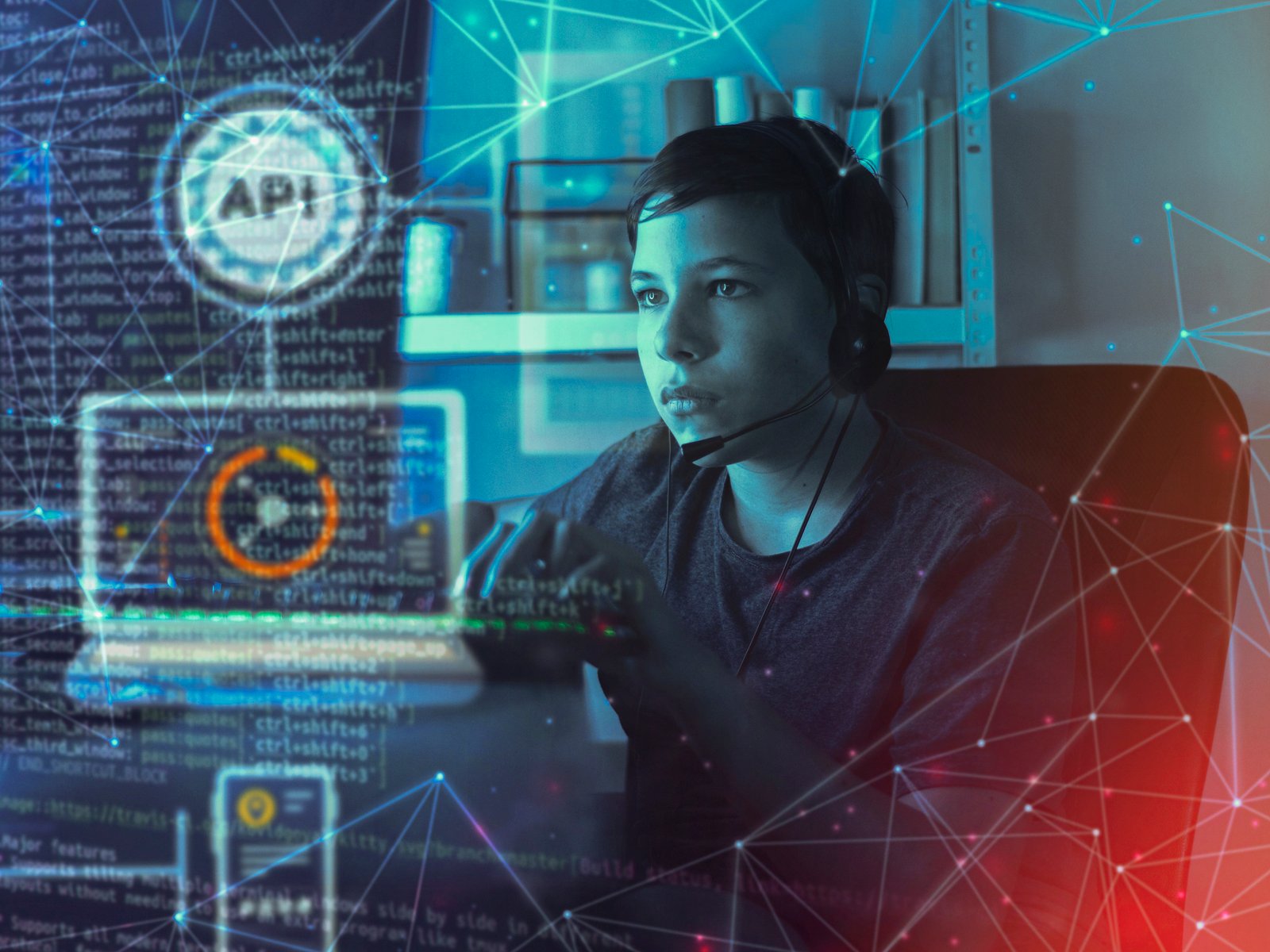As we approach 2024, web development is evolving rapidly, with Artificial Intelligence (AI) at the forefront. AI is transforming content creation, data analysis, and design, streamlining tasks for developers, speeding up timelines, and enabling more personalized user experiences that drive engagement and sales. While AI’s role is expanding, a complete takeover of web development will depend on various factors shaping this dynamic landscape.
The Role of AI in Web Development Recent data suggests a remarkable 37.3% compound annual growth rate (CAGR) for AI between 2023 and 2030, with the market expected to reach $1,811.8 billion by 2030. This growth signals a massive shift in the web development landscape.
Can AI Fully Replace Web Development? AI is making a significant impact on web development, automating many tasks and assisting in design and development. However, while AI can automate certain aspects of the process, it cannot fully replace human creativity, problem-solving, and critical thinking. Developers can harness AI to enhance productivity and streamline their work, but human ingenuity remains essential in delivering high-quality, innovative websites.
AI-Powered Chatbots for Personalized Customer Support AI-driven chatbots provide instant, personalized customer support, handling tasks such as orders, appointments, and inquiries. Using natural language processing (NLP), these bots engage users in real-time, enhancing satisfaction and reducing the workload of human support teams. Integration is simple via AI-powered platforms.
Personalized User Experiences Through AI algorithms analyze browsing behavior, preferences, and demographics to deliver tailored content and recommendations. This dynamic personalization boosts engagement, increases conversions, and helps build long-term customer loyalty by adapting websites in real-time to user needs.
Automation of Web Development Tasks AI streamlines repetitive and time-consuming tasks like automated code generation, drastically reducing development time and improving efficiency. It also automates testing, ensuring applications run smoothly and reducing human error in the development process.
Optimization of Web Elements and Performance AI helps optimize various aspects of a website, from design elements like logos and templates to performance-related issues such as site speed. By identifying and fixing slowdowns or bugs, AI ensures better user experience and seamless website functionality.
AI-Driven Web Security Enhancements AI strengthens website security by detecting potential threats and vulnerabilities in real-time. It suggests security measures, automates threat responses, and implements proactive safeguards to protect against evolving cyber threats.
In conclusion, as we move into 2024, AI is set to transform web development, enhancing aesthetics, functionality, security, and user experience. With the AI market projected to reach $1,811.8 billion by 2030, businesses can streamline processes and innovate by integrating AI. However, human creativity and problem-solving remain essential, ensuring a balance between automation and ingenuity in web design.
